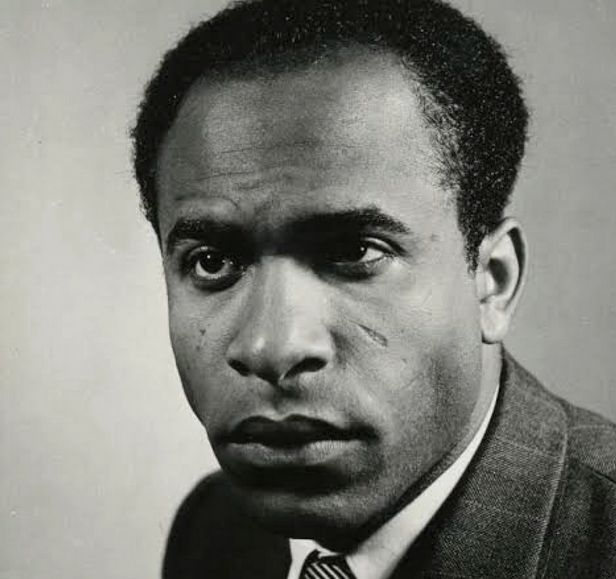The online gaming industry in the province of Ontario is about to change with Bill 216, the Building Ontario For You Act, 2024. It is said so because this bill contains several provisions which include changing the role of iGaming Ontario (iGO), which would free up this entity from the confines of the Alcohol and Gaming Commission of Ontario (AGCO). This in turn is going to shape the landscape of iGaming in Ontario and raise its status as a global leader in the online gaming world.
Background of iGaming Ontario
iGaming Ontario also commonly known as iGO was established way back in July 2021 under the Act of Alcohol and Gaming Commission of Ontario, 2019, as the subsidiary. It then became Canada’s first province that allowed rules and regulations in allowing a private player to join their platform for online gaming. Private operators had contracts they managed, which then ensued an orderly environment that saw there was a safe place in which online gaming occurred.
But the new structure caused problems. A subsidiary of AGCO, iGO was susceptible to conflicting interests and did not experience the operation’s independence. Governance and efficiency went into cause for structuring reform eventually Schedule 9 within Bill 216.
Bill 216 terminates the parent-subsidiary relationship between iGO and AGCO as a parent company of iGO making it an independent company. Schedule 9 provisions which come into effect in early 2025 vests all the rights that would operate through iGO in its board in effect from 6 th November 2024.
This transition addresses governance issues and positions iGO to run more independently. This transition will enable iGO to be responsive to change in the market, provide a fair opportunity, and support innovation in the iGaming industry. The government of Ontario feels that the transition is necessary from the perspective of reinforcing the governance structure and further bolstering the growth of the burgeoning iGaming industry.
Legislation and Transition Momentum
Bill 216 was passed quickly through the Ontario legislature. It had its first and third readings on November 6, 2024, and received Royal Assent on the same day. The implementation timeline will be smooth as iGO prepares to take on its new role.
By early 2025, iGO will be fully independent with a governance structure set to improve transparency, accountability, and the efficiency of making decisions. This is because of the speed at which the sector changes, so the transition by Ontario represents perfection for the regulatory framework for the sector.
Effects on the iGaming Sector
This restructuring is going to have profound impacts on the gaming industry within Ontario. Being an independent entity, it can now improve its services, make its operations more efficient, and attract even more private operators into Ontario.
Almost close to 1.9 million active player accounts describe the kind of growth occurring in this market and it has total gaming handle reported came out to be approximately CAD 18.4 billion in the first quarter of 2024-25
Independence enables iGO to make rapid adaptations with respect to growing industry trends and put out novel solutions to remain competitive within the marketplace of the world.
Overcoming Governance Issues
This would, therefore, be a potential case of conflict of interest since it was a subsidiary of AGCO. The fact that it was a parent organization, AGCO regulated iGO, and other commercial operators in Ontario raised questions of fair play and transparency.
It differentiates the regulatory body and the operating entity, iGO. AGCO will remain at the front of the regulatory side; on the operational side, with regard to managing agreements with private operators and market growth, iGO will work.
International iGaming in Ontario
Since it launched its iGaming market in April 2022, Ontario has proven to be a pioneer in regulated online gaming. The effort by the province to legalize and regulate online gambling has been a model to other Canadian provinces and around the world.
It intends to be a market leader under Bill 216 changes in the province. The more independent iGO seems to become, the more believable it is. International operators and investors are attracted by the changes in the market with new approaches and a very high level of regulation, and Ontario has become an example of the new gaming frameworks.
Effects on Players and Operators
The independence of iGO would be in the best interest of the players and operators. Players will experience an open and competitive market, much wider in scope and variety and with better services than they have today. Better governance will ensure a safe, fair, and transparent market.
Restructuring makes the process easier for the operators by removing some bureaucratic barriers. The simplified decision-making of iGO quickly responds to market needs and thus creates an environment that promotes growth and innovation. More private operators are likely to come into Ontario, and therefore more competition and diversity in the market.
Challenges and Opportunities
Although the opportunities are very huge, there are great challenges that face restructuring. The restructurings require high caution and careful planning converting iGO into a standalone corporation. Some of the very important steps include a new governance structure, leadership qualified enough, and business continuity.
Long term, the better will be the reward: the independence will empower iGO to focus squarely on its core objectives without hindrance for a free and efficient ecosystem for its games. That is following global best practice in this regard, wherein Ontario joins the ranks in the area of iGaming.
Separation of the regulatory function from its operational functions is in the call for independence of iGO. Governance must be clear, open, and innovative if there is to be any successful growth in a strong iGaming market. Other provinces must, therefore, emulate Ontario’s case by applying such reforms to develop online gaming frameworks that are equally firm.
The new era that Bill 216 brings to the iGaming industry in Ontario will see iGO with all the levers to push for growth, innovation, and competitiveness in the market based on this newfound freedom.
The whole industry will keenly watch the development of this structure in Ontario once these changes come into effect early in 2025. Successes experienced during this restructuring can define the future of iGaming in Canada and other jurisdictions as benchmarks.
Conclusion
Ontario’s overhauling of iGaming with Bill 216 is an ambitious step for the gaming industry in the province. Reflective of its stand in encouraging innovation while upholding the highest standard of regulations, and then bringing out the level playing ground with the fairest competitions possible, the move bodes well for Ontario for a bright future in its gaming market.








